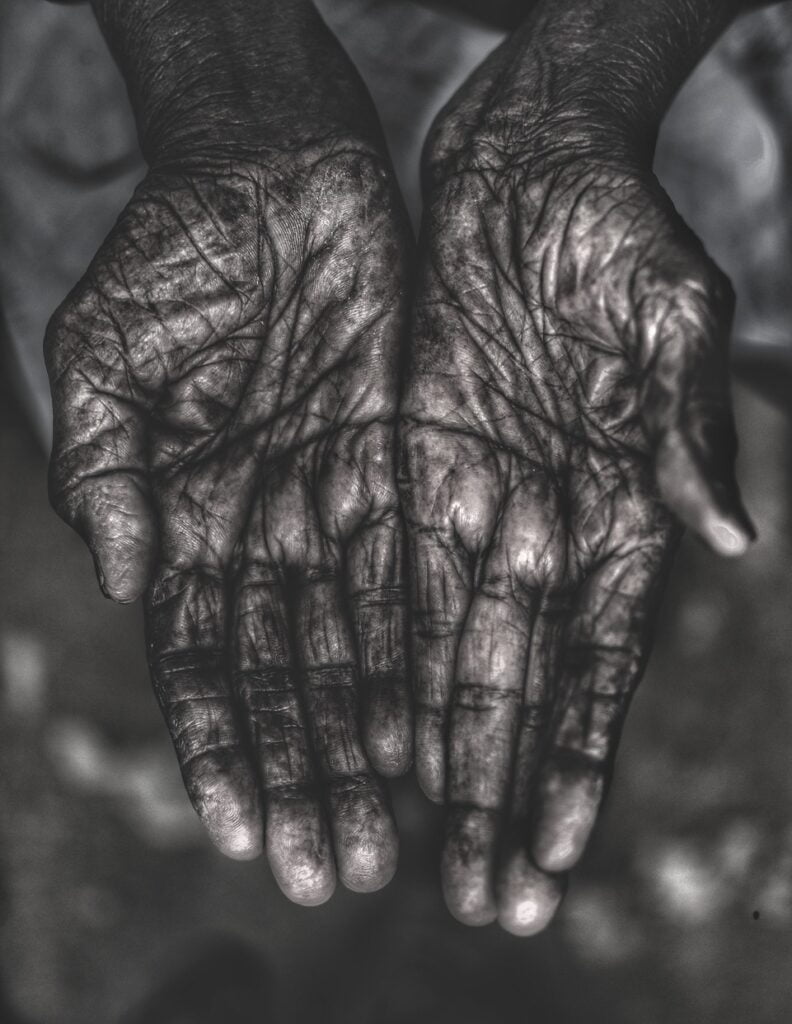What if there was another way we could share risks like illness or unemployment by living beyond employment, the market and ‘protections’ offered by the state? What if there was a way we could collectivise our needs and share income generated through paid work by organising in small groups or ‘pods’ that could network together for more strength? Could we find radically more choice about how we spend our time, how we live our lives – beyond consuming as individuals or nuclear families, beyond selling our labour to an employer? Could we share tasks that sustain us like care, food growing and fixing or making things so our needs are adequately met through agreements in these small groups?
We want to explore potentialities caught up in commoning pods, as an idea that seeks to experiment with a radically different way to organise how our needs are met and collectivise risks as a form of resilience and resistance in uncertain times.

As well as making us less dependent on brittle global markets, exploitative employers and planet punishing distribution networks, could this become a mechanism to recover the commons? And provide protection from the fragility of global supply systems as well as a mechanism to extract ourselves from modalities of production and consumption which we find ourselves dependent upon under global capitalism.
As part of this work, Enough! will explore the potential for developing a framework for affording social protection based on mutuality rather than this being dependent on employers or the state. It is envisaged that this will form a practical bridge between current economic structures dependent on growth and the kinds of futures imagined by degrowth schools of thought. It’s envisaged that ‘pods’ would collectivise their needs and operate to produce and consume collectively. Some work is performed that is monetised in the traditional economy. Other work is reproductive to meet needs of the ‘pod’ directly through producing food, providing care, making or mending. ‘Pods’ could network with other pods locally to share other resources (re-commoning) and scale up the protections offered. At this scale a mechanism to meet needs locally and regionally that is meshed with but not dependent on markets could begin to emerge.
This model will draw on a number of existing schools of thought or practices including livelihood pods, community pods, microsolidarity networks, mutual aid groups, affinity groups/freedom cells, peer-to-peer networks, Black Panther survival pending revolution programs and other models of relevance. Livelihood pods are a mechanism or form of agreement currently used by freelancers to afford mutual protection from the unpredictable patterns in income. Microsolidarity – “a small mutual aid community for people to do a kind of personal development, in good company, for social benefit”. It is also inspired by John Holloway’s work in Crack Capitalism as creating a vehicle for people to extract themselves from alienated work and engage in more ‘doing’.
Another dynamic that livelihood pods would look to ‘wire-in’ would be underpinning an economy of care. Pods would also become a place where cultural learning/unlearning and healing from trauma and toxic patterns can take place (such as outlined in this article). This could be rooted in decolonial and anti-rascist perspectives. Each pod would determine its capacity to support a range of health needs both physical and mental. Pods could potentially form ‘households’ to reduce vectors for transmission of COVID-19 or future viruses.
This work is intended to be a practical response to the 6-7 million unemployed December 2020 – a total that will be considerably more once the furloughing scheme comes to an end and the real economic impact of the pandemic comes to light. At the same time it challenges the logic of ‘jobs’ as a mechanism to create/extract value.
Pods and networks would offer a practical form of resilience in the face of multiple forms of crisis emerging – offering greater security as a foundation for greater resistance and action outwith current hegemonic structures.
We would love to hear from you if you want to work with us on this or can send us practical examples that would help inform this idea.

